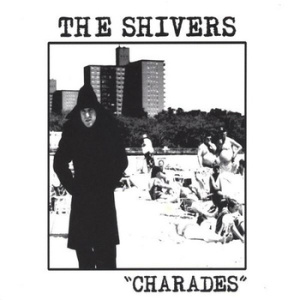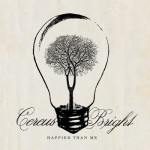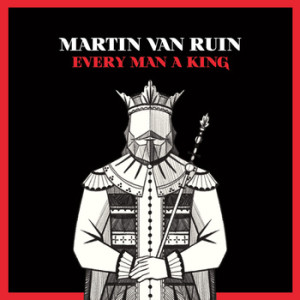1. “Never Learn” – Young Romance. No matter what arrangement you set around a great pop melody, the song will succeed: Young Romance support a can’t-get-it-out-of-my-head vocal line with Sleigh Bells-esque guitars mixed with a pop-rock band’s sense of movement and punk’s sense of closure (it’s barely over two minutes). It’s a winner.
2. “The Right Way” – Cassorla. A mash-up of minimalist electro-pop and bright-eyed, enthusiastic guitar-pop results in an unavoidable, must-listen tune that bears more than a passing significance to the Steve Miller Band (I know, weird, but this is a totally a compliment).
3. “Drawing Space” – Grounders. Unassuming, flowing-yet-punchy guitar pop with a sufficient amount of reverb to call up late ’60s or late ’00s–take your pick.
4. “Feel Alright” – Lime Cordiale. At some point in the process, someone said, “You know what this needs? Some fat horns.” And so it was, and thus an excellent pop song was born.
5. “By the Highway” – The Gorgeous Chans. Can we get this band on tour with Lord Huron, stat? Their tropical/folk/indie mash-up is a perfect blend of aspiration and relaxation. They have an excellent horn line going on, as well. A band to watch.
6. “High and Low” – Bird Dog. Enthusiastic ’50s-inspired pop-rock with old-school back-up vocalists: is there anything more summery?
7. “I’m Not the One” – The Susan Constant. The cheery, poppy element of ’90s college rock is alive and well in this tune that’s lyrically reminiscent of Death Cab’s “Someday You Will Be Loved”: big drums, big hooks, big fun.
8. “Car Alarms” – Coma Girls. Here’s a skewed/re-appropriated ’50s-style ballad with Conor Oberstian vocal theatrics; somehow, the fusion seems meant to be.
9. “Lonely and Blue” – Black Vincent. If genres were placed on a map, Black Vincent would be hanging out on the interstate highway between country and ’50s rock while trying to find the exit to go visit The Walkmen. Dejected clanging of guitars and drums meet yowling vocals to turn out an impassioned performance.
10. “Black Snake” – The Down Home Band. Radio-ready Southern Rock with distinct classic rock vibes. Also, mad props to the mixer, who cranked that bass in the mix. This thing rocks in a long hair, flannel, old-school way.










